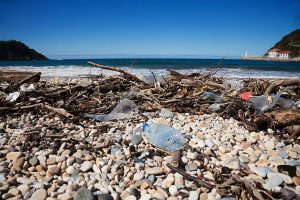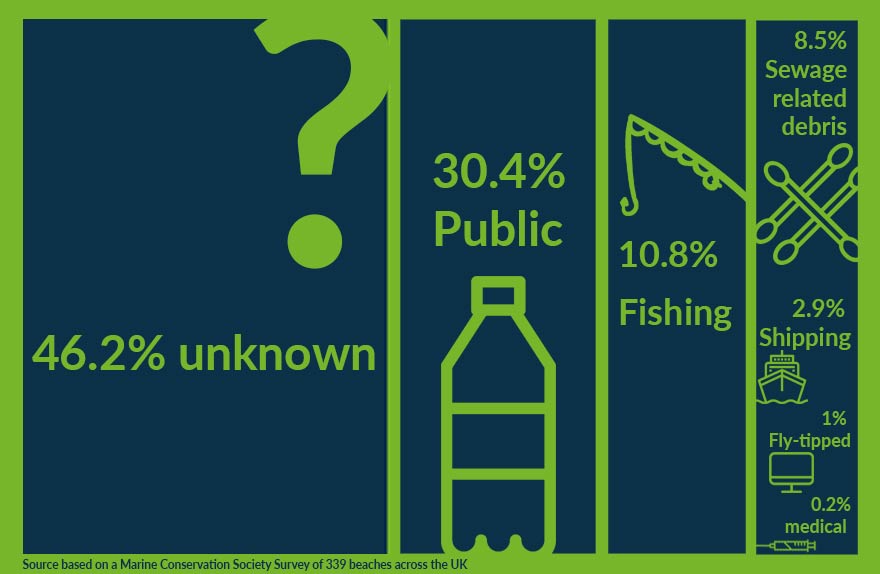Prioritizing Plastic Problems

Prioritizing Plastic Problems
Plastic, which has only been around for 60 plus years is a great thing to have, let’s face it – as far as we know plastic can last forever!
But how good is plastic really when used in the wrong way or when it becomes more of a headache than a convenience?
Let’s find out.
Yes, plastic is designed to last a very long time and nearly all plastic that has ever been made is still around today.
It is estimated that 8.3bn tonnes of plastic has been produced to date. Of this, approximately 6.3bn tonnes of plastic is now waste (as of 2015) and this is what has become of it: 9% has been recycled, 12% incinerated and 79% has been buried in landfills. Those statistics mean there is much work to be done and we should all be encouraged to take this problem a little more seriously.
The most common type of plastic is a disposable drinking bottle. On average 1 million bottles are produced per minute globally equating to 480bn plastic bottles in 2016, of which 110bn bottles were produced by Coca Cola.

What is most concerning however are the amount of plastic bottles that end up in the sea, roughly about 10m tonnes each year.
The following graph shows us what kind of waste we are finding on UK beaches.

Obviously the plastic waste issue doesn’t only affect the ocean but has great consequences to sea birds and larger marine creatures like dolphins, turtles and seals. They often get entangled in plastic bags and other plastic waste. Most of us have seen the harmful and deadly consequences on the news these days with these creates having stomach’s stuffed full of plastic, these plastics only degrade and fragment into micro fragments over a long period of time and even these micro plastics are concerning science today. Surveys have found that a third of UK caught fish had evidence of plastic, including cod, haddock, mackerel and shellfish. This in turn can result in humans ingesting plastic too – this after the fish may have suffered from malnutrition or starvation.
At the Waste Company we are passionate about being the solution to making a difference to the environment. We make sense of rubbish and we know what to do with plastic waste that will be helpful and not harmful to our planet.

Looking for new solutions in waste management?
![]() WATCH OUR VIDEO
WATCH OUR VIDEO
We proudly offer our services in construction, commercial and domestic sectors throughout England, UK. Waste management need not be a messy business. Get hold of us. We make sense out of rubbish.


 GET A QUOTE
GET A QUOTE

 CHAT
CHAT